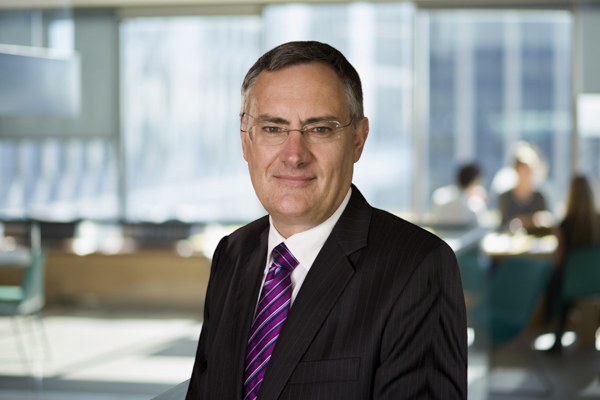A crisis with varying impacts
Even before the disastrous 2020, Australia was facing the prospect of possibly having its " world-record" 29-year recession-free period come to an end. Headwinds and shocks such as low wage growth, housing value variability, drought, trade wars and reduced private sector spending were weakening an economy, further damaged by the January 2020 bushfires and COVID-19.
The response to COVID-19 has been swift and a number of important safety-nets have been put in place to maintain the economy – ranging from JobKeeper, rent moratoriums, debt recovery protections and insolvency safeguards.
However, the lack of liquidity, high levels of debt and relatively weak balance sheets have been exposed in some industry segments where there is limited, or nil revenue. There are many companies that will be highly vulnerable once the safety-nets disappear. And there are others which have thrived during Covid-19 as demand for their products and services have soared.
Anne Ward has seen these extremes first-hand. In her governance roles spanning superannuation, education and online retail, Anne is helping steer Colonial First State Investments, RMIT and Red Bubble through wildly contrasting challenges towards a stronger future.
Slow road to recovery
The economic impact of the pandemic is essentially a demand shock and not a crisis in supply. Ward said: “While there have been some supply chain weaknesses exposed, the economic crisis is largely demand driven. Demand has been taken away due to the lockdowns and travel restrictions and the response to the health crisis. That's a bit unusual for economic crises and you might expect – and classical theory would tell you - when restrictions ease and you bring back demand, the economy will bounce back.”
Ward is cautious about predicting when Australia will see a recovery:
“I think in three to five years, we will be on our way to recovery, but we will not be fully recovered.”
The economic crisis has impacted different industries in very different ways. Ward points out that at one end of the spectrum, there are industries such as; aviation, travel, higher education and businesses, particularly small business, that rely on foot traffic. All have experienced a rapid negative impact where, for some, cashflow went to zero overnight.
“At the other end of the spectrum,” she says, “there are businesses and some industries that have thrived through this crisis such as technology and anything to do with online e-commerce. In those areas, clearly the recovery will be quicker.”
Resilience is key to recovery
Resilience, which was traditionally viewed as a personal attribute is increasingly used in a corporate, commercial context when referring to organisations and government agencies.
“Resilience is much more than just financial strength”
Michael Hughes
“In this post-GFC environment, it is very apparent that everybody has focused on the impact that the pandemic and the crisis is having on people. Organisations and governments are putting those concerns at the forefront of the way that they're responding. This seems to be a real feature and a point of distinction between now and the GFC,” he added.
This crisis, because of its nature, has focused many minds on the breadth of operations of companies and the fact that resilience is not just about financial ability to survive and thrive, it touches all operations including the business model.
“That is not new” said Ward,
“but this health crisis and the economic crisis has brought that home to companies in a very immediate way. The discussions that I'm having around resilience really cover every aspect of the company's operations.”
“There is obviously the financial strength and how the operations will continue from a financial perspective and the strength of people would be absolutely be up there. The ability of your staff to be resilient, to work in different ways, to find different ways of engaging with each other and the obligations of companies to look after their staff, in an environment where we don't actually get to see them, means we must consider how we can look after their mental and physical health and wellbeing in this kind of environment” she added.
Companies are also thinking much more deeply about the resilience of their leadership models.
“What are the leadership capabilities in terms of people leadership and visionary leadership management in this environment? How can leaders be more visible to their people, maintain the same engagement, different behaviours, and different rhythms of communication which are required? I think also, companies are thinking about the resilience of their governance model” said Ward.
This is Season 2, Episode 2 of our podcast series, Transforming Business with MinterEllison: ideas and challenges that are shaping our future.









